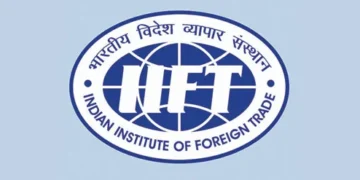MADHURENDRA SINHA
BANKS are facing a deposit crunch, and if the issue is not addressed promptly, it may lead to a turmoil in the sector.
RBI Governor Shaktikanta Das highlighted this concern recently, urging banks to focus more on attracting deposits. He noted that households are increasingly opting to invest their savings in capital markets rather than in traditional banks. The trend, he said, is driven by the growing appeal of options like mutual funds, insurance funds, and pension funds.
Das further stated that the emergence of alternative sources of income for retail customers presents a new challenge for the banks. Consequently, they are increasingly relying on short-term non-retail deposits. This approach, he said, could expose the banking system to structural liquidity issues. Therefore, banks should concentrate on mobilising household financial savings through innovative products and services.
Young choices
A similar perspective was shared by Arundhati Bhattacharya, former Chairperson of SBI. She remarked that India is shifting from a deposit-led banking system to a more balanced relationship between deposits and market debts. She believes this trend mirrors what is seen in many developed economies. According to her, the young generation is more interested in investments rather than just saving. The longstanding notion of keeping money in banks is fading.
In response to such challenges, the State Bank of India (SBI) has come up with some innovative ideas. In an interview with a news agency, Chairman CS Shetty hinted at new products like an FD-SIP combo to attract more deposits. These innovations are aimed at popularsing deposit products among Gen-Z.
It is important to note that banks cannot increase interest rates as that could be detrimental to them.
This is why SBI and other banks are exploring alternative paths. It is high time they engage more in such innovative activities.
New perspective
Presently, Indian banks are performing well, and only recently credit rating agency S&P observed significant progress over the past few years in addressing issues within the financial institutions. It also expected Indian banks to maintain strong financial balance sheets in the next 12 to 24 months.
But moving forward, banks must adopt a new perspective rather than simply pursuing deposit collections. These new strategies will help the younger generation grow their wealth quickly, which will ultimately contribute to increased consumer spending, essential for the country’s economic growth.

































